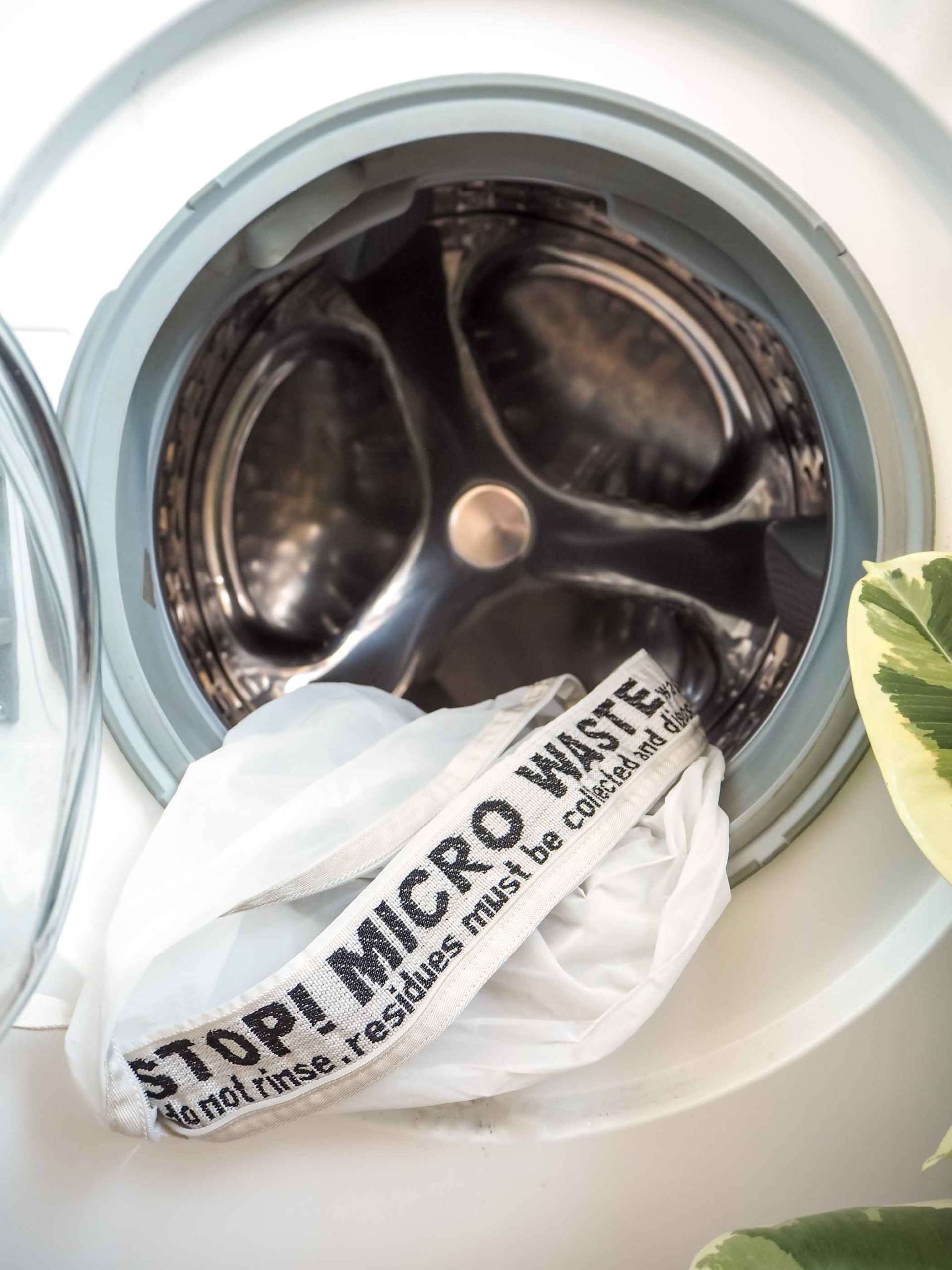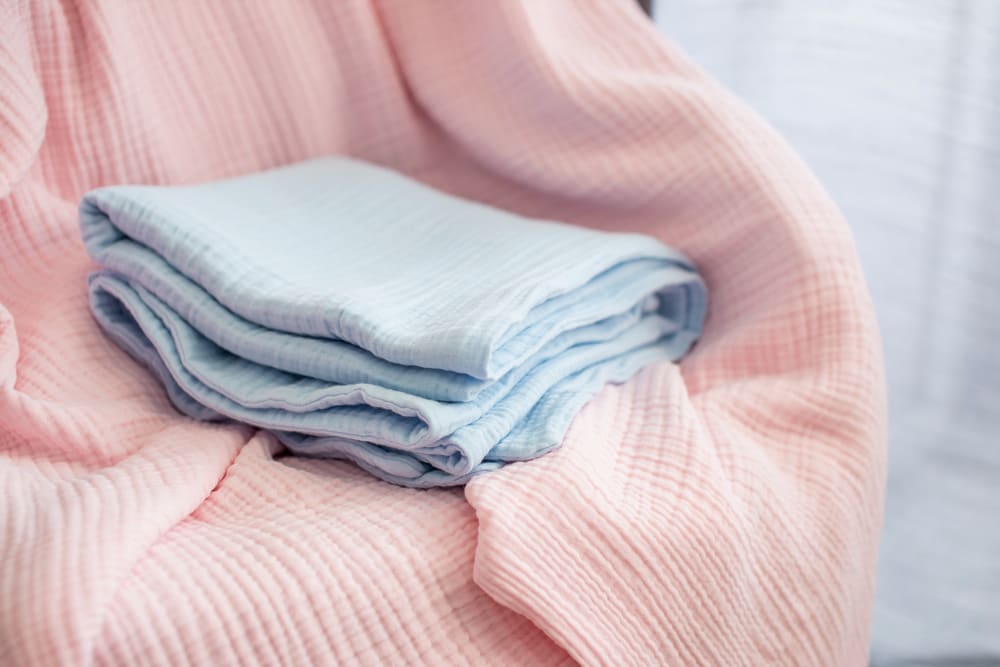Best 5 Fabrics to Substitute Silk in your Budget

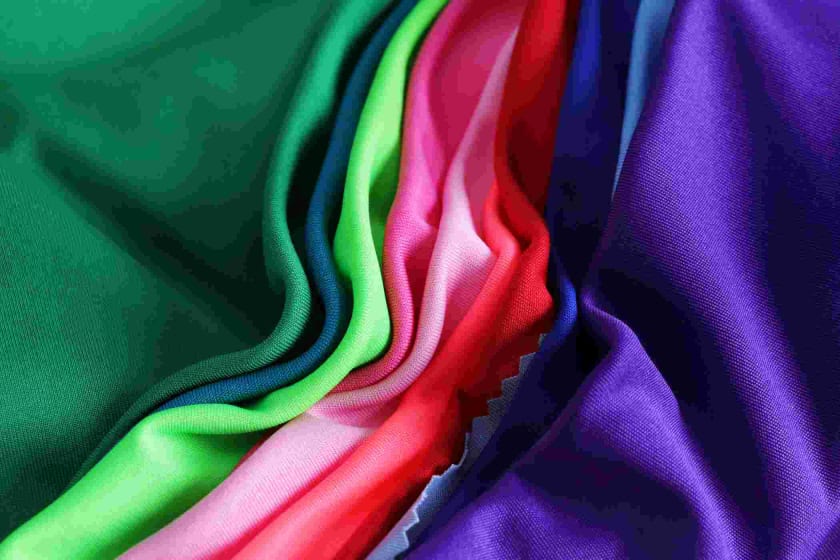

Silk is a highly prominent textile in the fashion industry, but is it worth the hype? Yes, absolutely yes! The sheen and luster of the fabric are no match to other available textiles. However, the material and companies using it have faced a lot of uproar from environmentally conscious people over the years. The traditional silk-making process harms silkworms and is deemed destructive. This has led to the popularity of Ahimsa Silk or Peace Silk. The expensive and harmful method of obtaining silk is why most people look for substitutes to suit their budget. For new and growing fashion brands, using fabrics like silk or cashmere for their designs can be tremendously challenging. Whatever be your reason, we recommend that you start with silk substitutes rather than splurging money.
This will help you maintain the luxurious look within a budget and attract all kinds of customers, animal lovers or not. We have compiled a list of several silk substitutes that offer the same shine and feel. You can easily use these to replace silk, that too within your budget! So, let us jump right into it.
The Best Fabrics To Replace Silk With
- Polyester Chiffon
Polyester Chiffon has become a recently popular choice of various fashion brands because of its feel and look. Traditionally, chiffon is sheer and is used to make lingerie or mesh outfits. The lightweight, slippery, and meshy structure is most suited for delicate overlays and dramatic styles. The delicacy is crucial, but it makes it difficult to sew. Polyester chiffon maintains the exquisite feel of Ahimsa Silk and is more durable than traditional chiffon. Brands use them to create alluring and dramatic styles, along with sheer silhouettes.
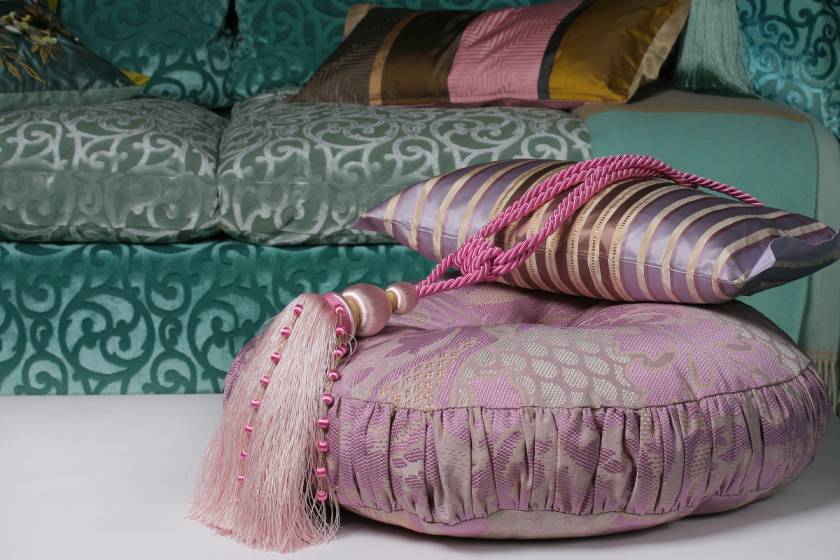
- Rayon Crepe
Rayon is a semi-synthetic fabric, and its lightweight, soft, and durable characteristics make it a perfect Peace Silk alternative. Predominantly, silk crepe is grainy and varies in its weight and opacity. Silk crepes are opted for evening outfits to provide them a classy look. Rayon offers a similar look and feel, which is why brands are shifting to Rayon Crepes for making delicate evening wear.
- Mercerized Cotton
Recently, the fashion industry witnessed a growth in the popularity of satin outfits. The glossy look attracts many and is suitable for a variety of looks. From lingerie to eveningwear and slips to blouses, satin has made a comeback and is ruling the industry. The slippery nature is an attraction but makes it difficult to sew. Mercerized cotton has risen to popularity as an alternative. This is a variant of cotton that is treated to make it stronger and appear more lustrous. The additional luster makes mercerized cotton an appropriate alternative to satin and Ahimsa Silk.
- Ramie
Ramie is the perfect alternative for those looking for vegan and environmentally conscious silk alternatives. Ramie is a vegetable textile fiber that comes with white color, finesse, and shiny appearance. Hence, the textile resembles silk and can be used to substitute it. Reportedly, Ramie lends a particular shine to the fabric offering the same look like silk. Hence, Ramie is the perfect vegan substitute for silk. When Ramie is blended with cotton, the textile has increased luster, strength, and color.
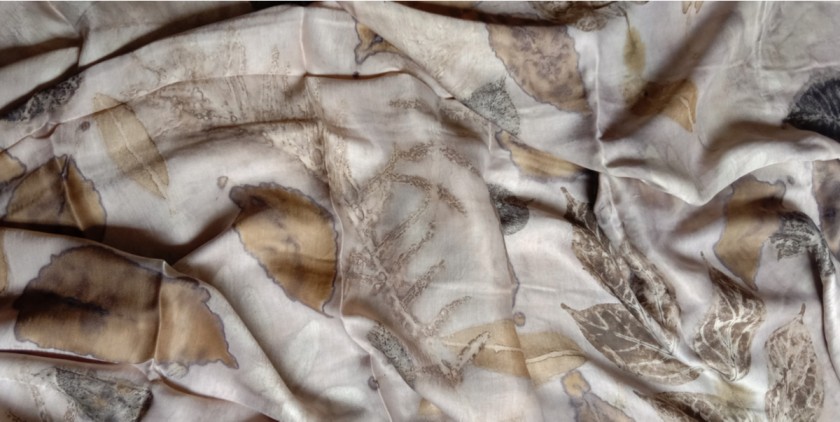
- Cupro
Cupro is recycled cotton (or any other plant) cellulose exposed to copper, ammonia, caustic soda, and other chemicals. The process yields a semi-synthetic textile substance that is valued for its extreme fineness. The added feature of Cupro is that it is reasonably stretchy, which makes it the best substitute for stretchy silk outfits. Most brands use Cupro for delicate garments, shawls, summer dresses, lightweight and flexible outfits. However, Cupro consists of several chemicals which are harmful to the environment. The fabric is prized for its fine, elastic, and sheer qualities. Cupro can be easily mixed with other materials to reach the required feel and qualities. Unlike other textiles, outfits made with Cupro cannot be washed in hot water, and care needs to be taken.
Conclusion
Silk is a top-tier fabric that is expensive due to its making process and demand. Affording silk might be difficult for new brands and fashion designers. They cannot use any random material as a substitute because only some provide exquisite and classy looks like silk. But thankfully for designers, great silk substitutes do exist within budget and maintain the same look as silk. Use any of the above-mentioned Ahimsa Silk substitutes to get a similar elegant look for your products.















